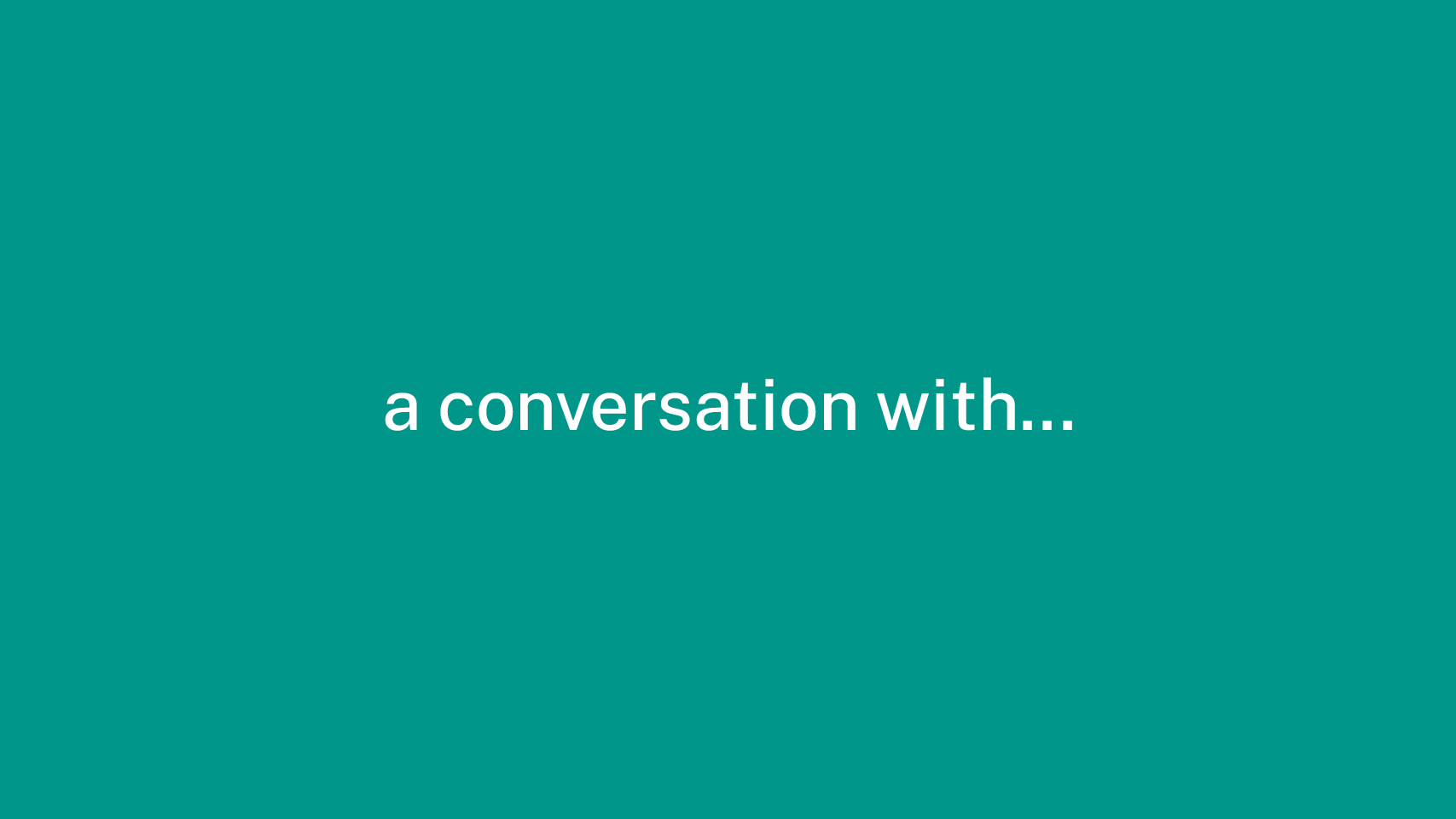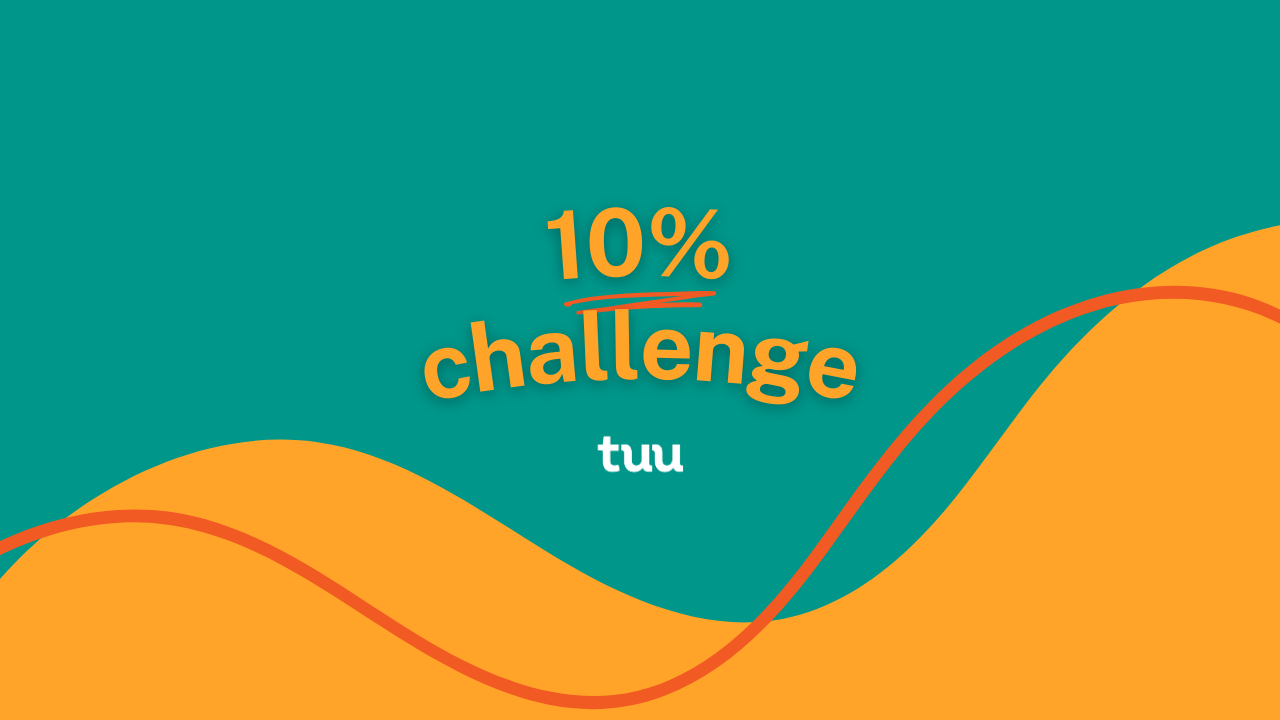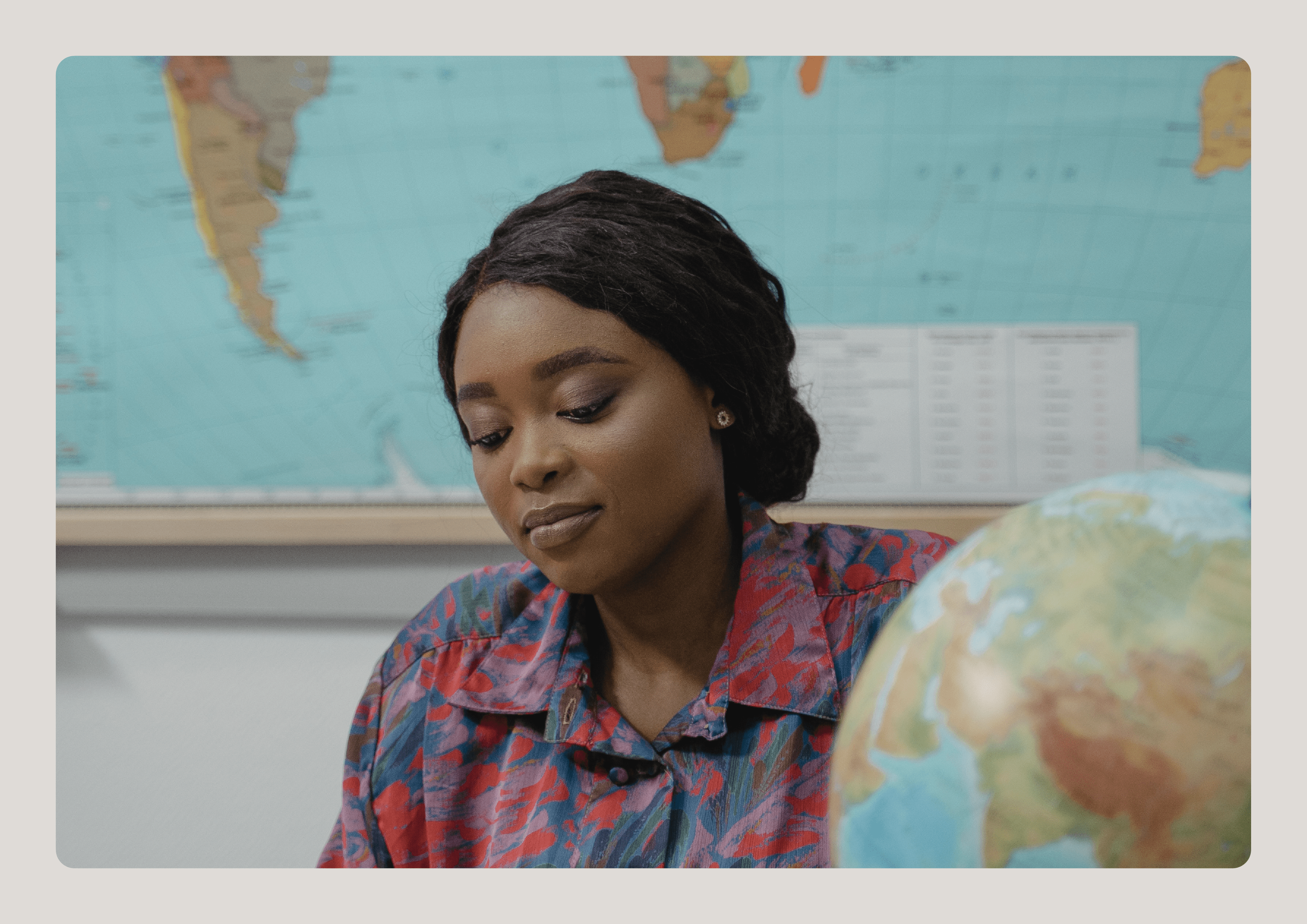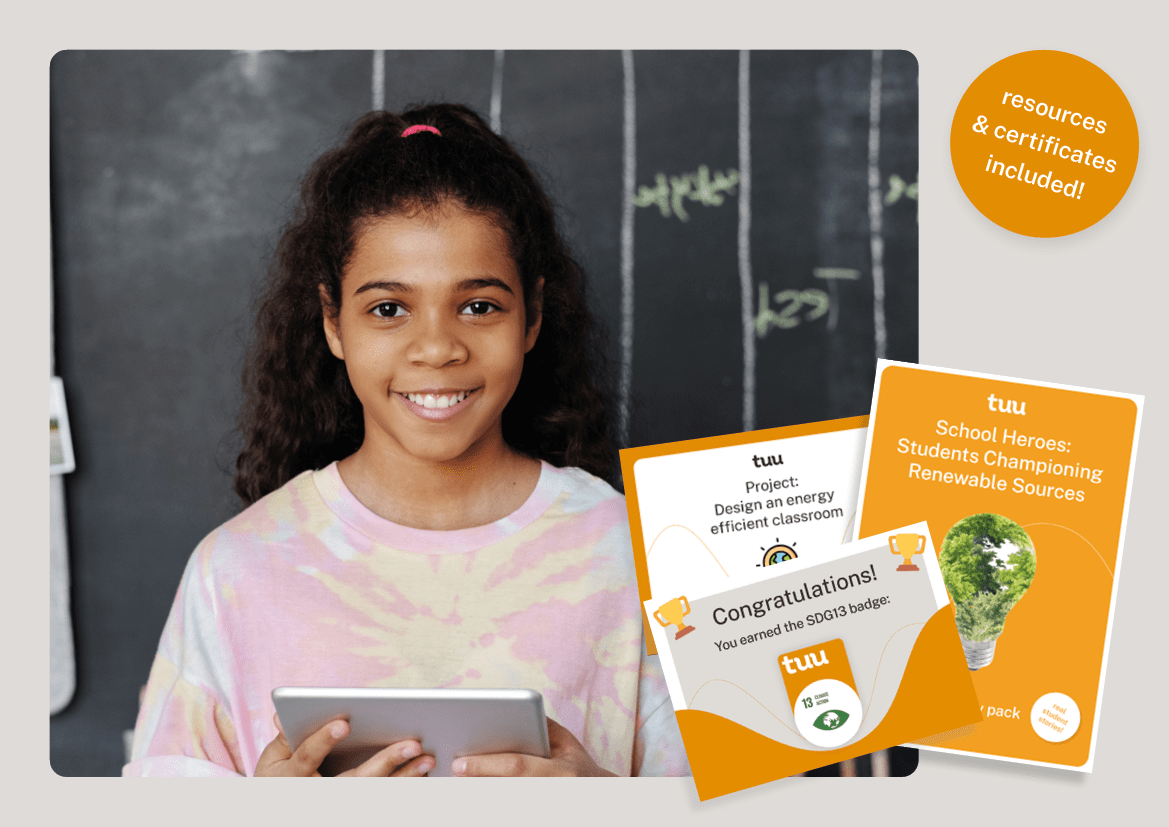The founder of Race4Good says it’s time to ‘invite students to the party’ to help solve real world problems. We couldn’t agree more.
Linda Cruse is a humanitarian aid worker, author, entrepreneur leadership expert, motivational speaker, and all round ray of positivity.
She’s been traveling the world out of one suitcase for 22 years. On a mission to live her purpose, which is to help people in war-torn, natural disaster-ravaged and underprivileged communities.
Her philosophy is to bring a business mindset to aid work, to ensure sustainable and self-sufficient solutions on the ground. She’s also the founder of Race4Good. It’s a global competition that puts business minds and students at the heart of real world problems.
This is something we can get on board with. Students help solve real world problems for families and communities all around the world in Race4Good competitions. With Tuu, it’s also young people who are at the heart of solving sustainability issues around campus.
At the core of both are today’s young people; the most creative minds, and tomorrow’s green leaders.
We sat down with Linda for a chat. We asked her about what makes a great leader. We asked her why climate change messaging shouldn’t be all doom and gloom for young people, and how Race4Good gives brilliant students real world problems to solve.
Of all the countries you’ve visited in 22 years, what’s your favourite place on the planet and why?
The Tibetan plateau, hundreds of miles north of Lhasa. It’s the absolute opposite to where most of us are living. There’s no devices and no communication, apart from interacting with our voices and our singing. In fact, they still practice telepathy!
You’ve owned one suitcase worth of stuff for the last 20 years. Is there any one item that you no longer own that you miss?
There was a photograph I always carried. It was of the Dalai Lama and Nelson Mandela holding hands and cheering. It got so dog-eared. It got lost and I never reprinted it. So that would be it, because I always had it next to my bed, wherever I was. And it’s a great way to wake up. You open your eyes and there they are waving at you like, “yes, it’s going to be a fabulous day”.
You’ve had a gun pointed at your head many times. How does that experience change each time, if at all?
I would say it doesn’t change. You do get overcome with fear. There’s no doubt about that. But I’m a very determined woman, so I’ve always got that feeling of “how do I survive this”? There’s mixed emotions. I promise you the one that you always have is the relief afterwards when you’ve actually got away from it. But I’ve never had the feeling that I’ll never put myself in that situation again. Because I needed to be there doing the work.
What’s the one thing you would say is most important in a great leader?
Empathy. If you are able – at any point of the day – to wear the shoes of another person and see life through other people’s eyes, you realize the curiosity and the joy of different perspectives. Then you can feel that deep compassion and understanding.
I think you have to have extreme empathy intentionally.
Linda Cruse, Race4Good
What would you say to young people ho feel hopelessness around the doom and gloom of climate change messaging?
Stop it. Because actually there is so much that we can do. Of course, we have to know the science because science is the amazing projection of where we are going if we don’t take action. But I work with people. So last year I circumnavigated the North Pole to meet those whose world is melting four times faster than anyone else. And I promise you, all I learned was resilience and adaptability and joy because where they live and how they live is just incredible. And if they are not doom and gloom and they’re in the worst place in the world, we shouldn’t be either.
Negative energy brings everyone down. So actually throwing doom and gloom on our heads does not actually drive us to action. It drives us into a cave to hide and not do anything. So let’s hear from the people who really need our help, and let’s take those actions that we can all do in our own backyard every day to support people.
You said previously that you knew you wanted to do something big. Was that instilled in you at school?
It’s my parents. They are great service workers. When they were 80, they took old people on holiday. When I was growing up, they were cub leaders, scout leaders, church leaders. They always had an intention to make someone else’s life better. So I have to say that my parents were and still are the greatest role models for me.
I was lucky to go to some really uplifting schools and no doubt my teachers instilled that into me. I must admit, I enjoyed every single day at school. I went to a brilliant junior school, then a brilliant girls’ school, which again, always had service at its heart. I think it’s difficult for educators these days because so much of what they do in school is hypothetical and kids are sick of that.
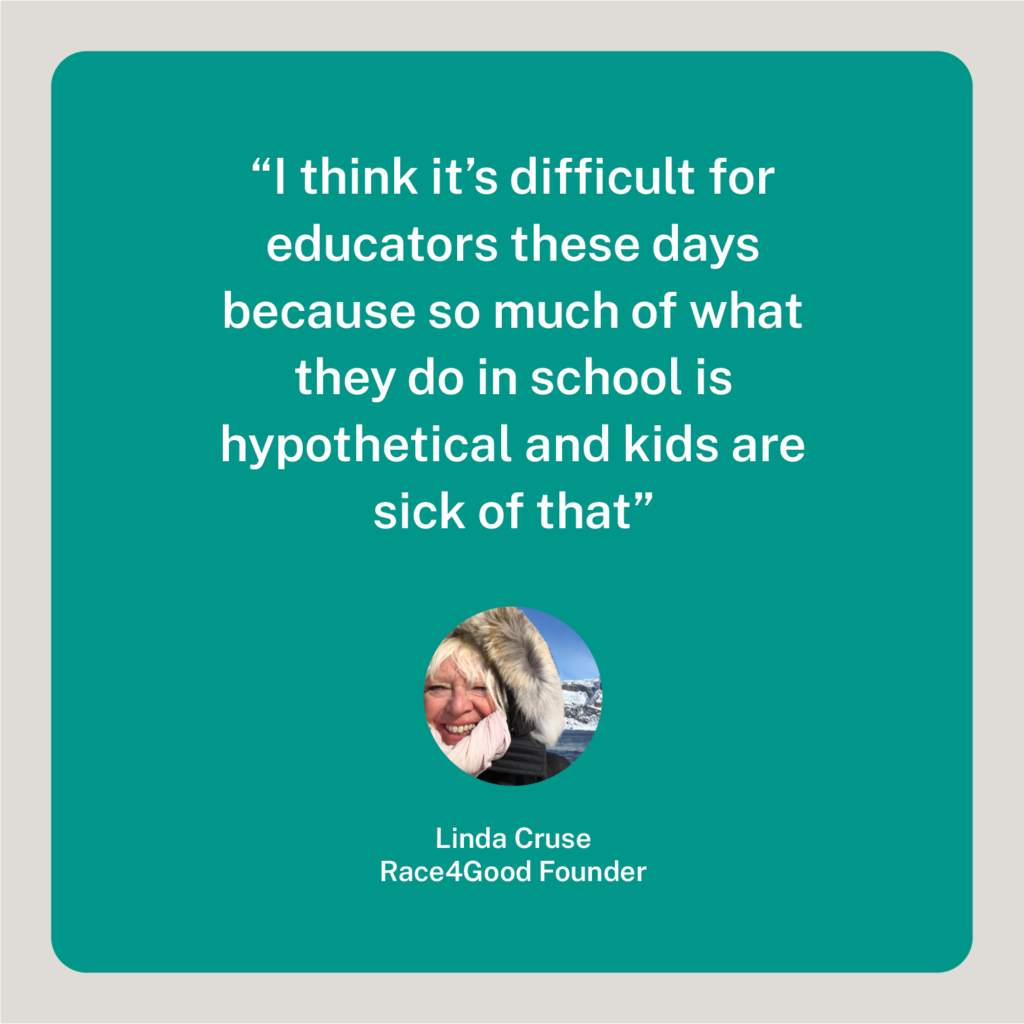
There are so many real world issues now that students are hearing about all the time. They want to be part of something that is real. 70% of the world needs our help. Let’s not give these brilliant students hypothetical issues.
Is this how Race4Good came about?
Yes, definitely. We take a real critical issue and we give it to teams of students to provide solutions. Each student team has business leaders attached to it. Over a period of usually three to six weeks, they spend two hours a week on the program. We allow them to speak to the communities they are trying to help so they have extreme empathy. And we have business judges who always check the sustainability of the solutions.
The main judges are the community themselves. But by using intelligence and empathy and innovation, we help them to see opportunities that will help them thrive not just survive. We actually implement solutions within days. And then we always go back to check and support the projects. It’s completely holistic.
What I’ve realized over the years is that we have to give communities and families a hand up – not a handout. So generally it’s about income generation. It’s all about independent self-esteem and dignity.
Contribution is the greatest human need.
I wanted to design a competition that is fast paced and high impact for business people and students to take part in. It’s fun, exciting and dynamic with incredible outcomes that everyone carries in their heart forever.
And it’s never “what ifs” – it’s always real people, real problems, real impact.
Follow Linda on LinkedIn
Read more: Tuu and FOBISIA partner to help international schools in Asia
Read more: Simplicity is key to sustainability in schools
